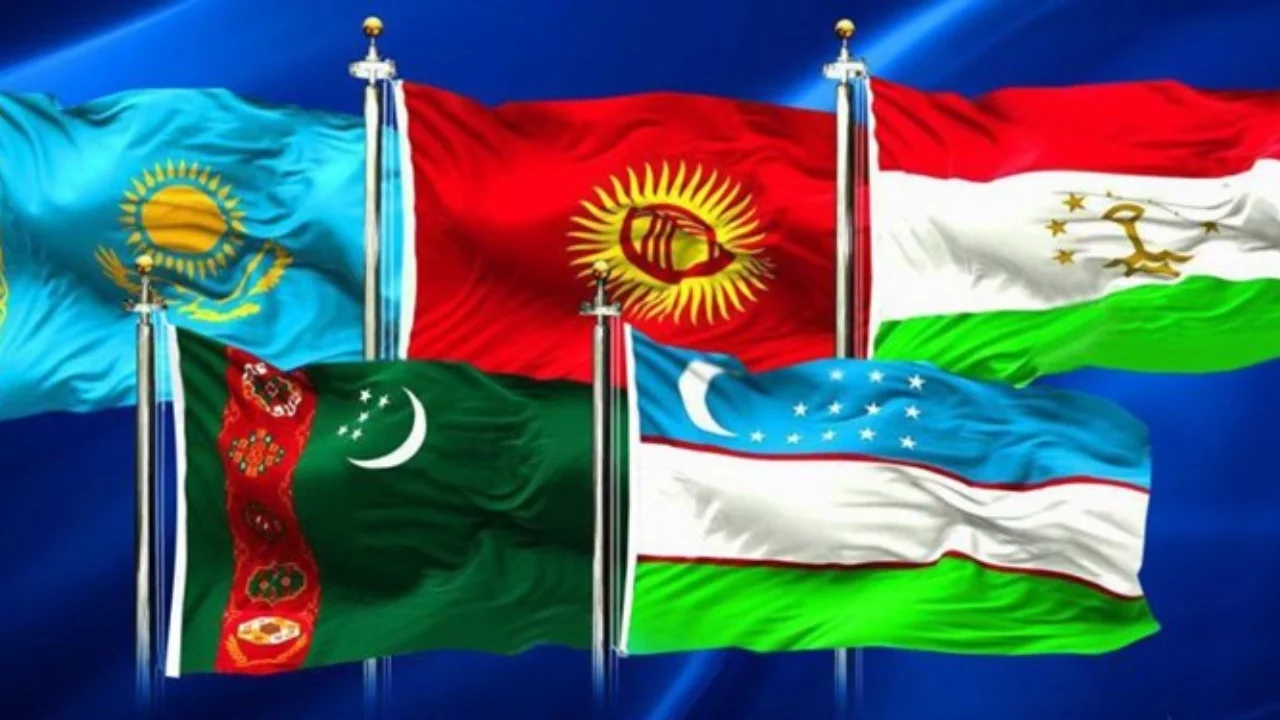The dangerous future of Central Asia was discussed at the meeting in Tashkent

An important meeting was held in Tashkent with the participation of well-known specialists and experts from five Central Asian states - Uzbekistan, Kazakhstan, Kyrgyzstan, Tajikistan and Turkmenistan. The main goal of the meeting was to analyze the prospects of the region, exchange views on current issues and develop practical proposals.
The event was organized at the initiative of leading state research centers of Uzbekistan. The results of the discussions are planned to be presented at the Consultative Meeting of the Heads of State of Central Asia, which is planned to be held in the fall of 2025.
According to experts, along with many hopes, there are also serious concerns about the future of the region. The issue of integration between the five states was mentioned as the primary problem. It was noted that the opposing sides have not yet been able to agree on a common roadmap.
One of the interesting aspects is that the largest number of participants from Turkmenistan - 6 - attended this meeting. This indicates that Turkmenistan's interest in regional cooperation has increased, analysts say.
Among the main threats discussed at the meeting, water scarcity, environmental research, energy shortages, and price stability were highlighted. Kazakh economist Rahim Ushakbayev noted that Central Asia is still using the infrastructure inherited from the Soviet Union. However, this system continues to operate without clear solutions and without a long-term vision.
Researcher Saodat Jurakhonzoda, who participated from Tajikistan, drew attention to the problem of glaciers. According to him, the rapid melting of glaciers in Tajikistan is becoming a serious environmental threat not only for the country, but also for the entire region. Therefore, it was emphasized that the management of water resources in the region, its rational distribution, and the creation of strategic reserves for the future are urgent tasks.
“The Rogun HPP is a pole of development not only for Tajikistan, but for all of Central Asia,” Jurakhonzoda said. He stressed that states are interdependent on energy independence and security, and this interdependence requires cooperation.
The meeting participants stressed the need to identify practical steps to strengthen integration and cooperation processes, as well as strengthen regional institutional cooperation.
The Zamin.uz editorial office supports these initiatives and believes in the implementation of practical solutions for the peace, stability and development of the region. Read “Zamin” on Telegram!
Ctrl
Enter
Found a mistake?
Select the phrase and press Ctrl+Enter 





















